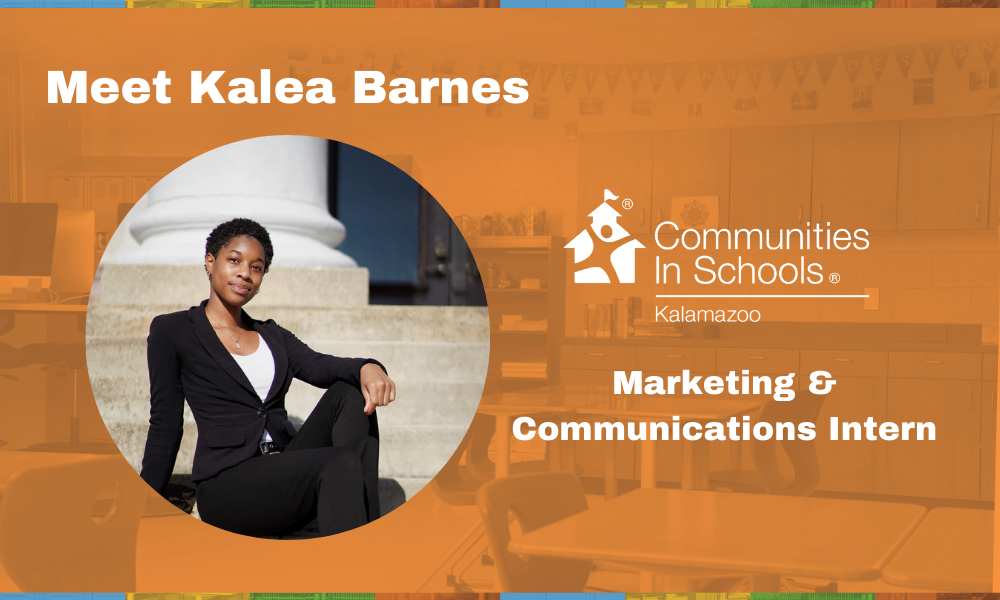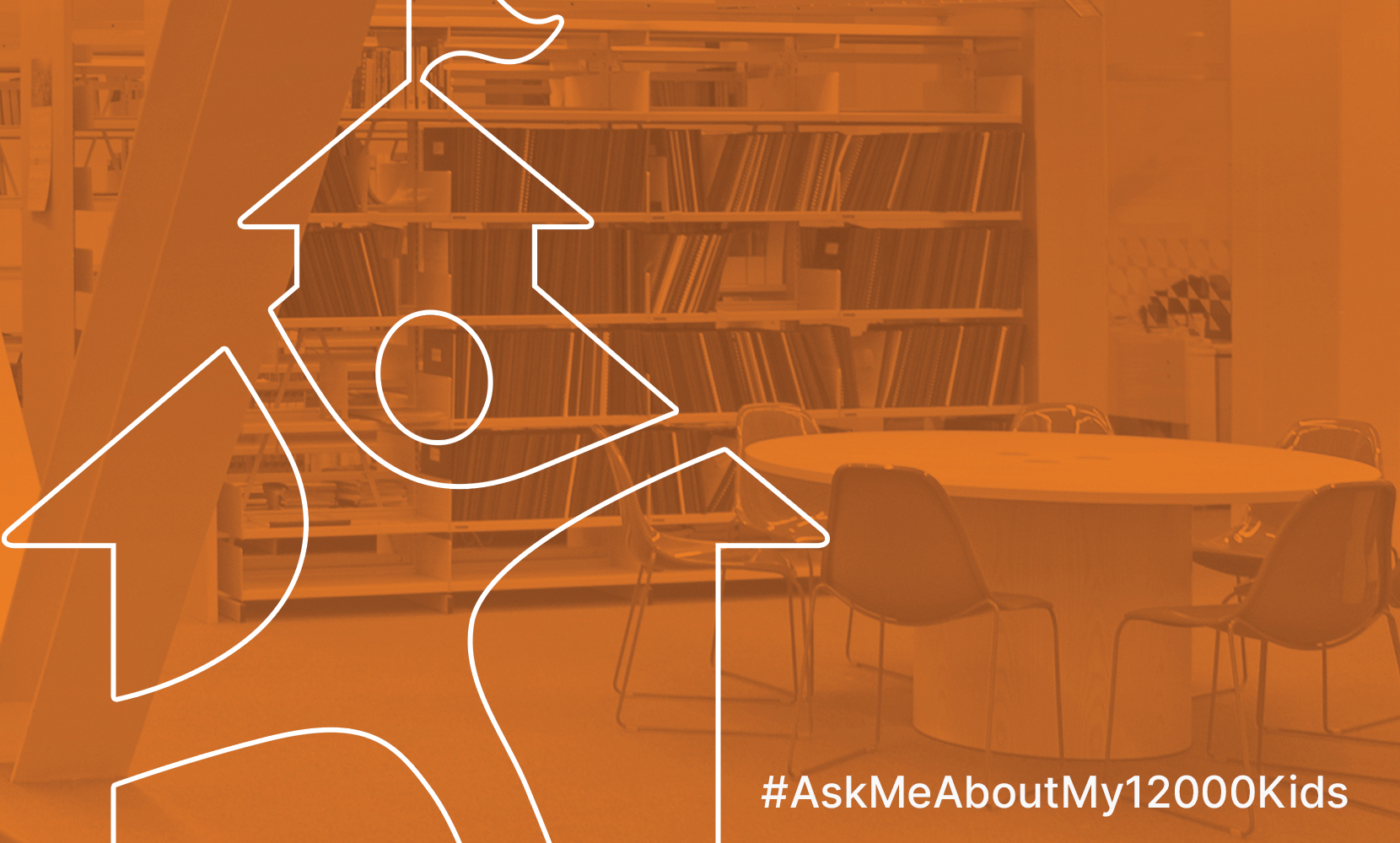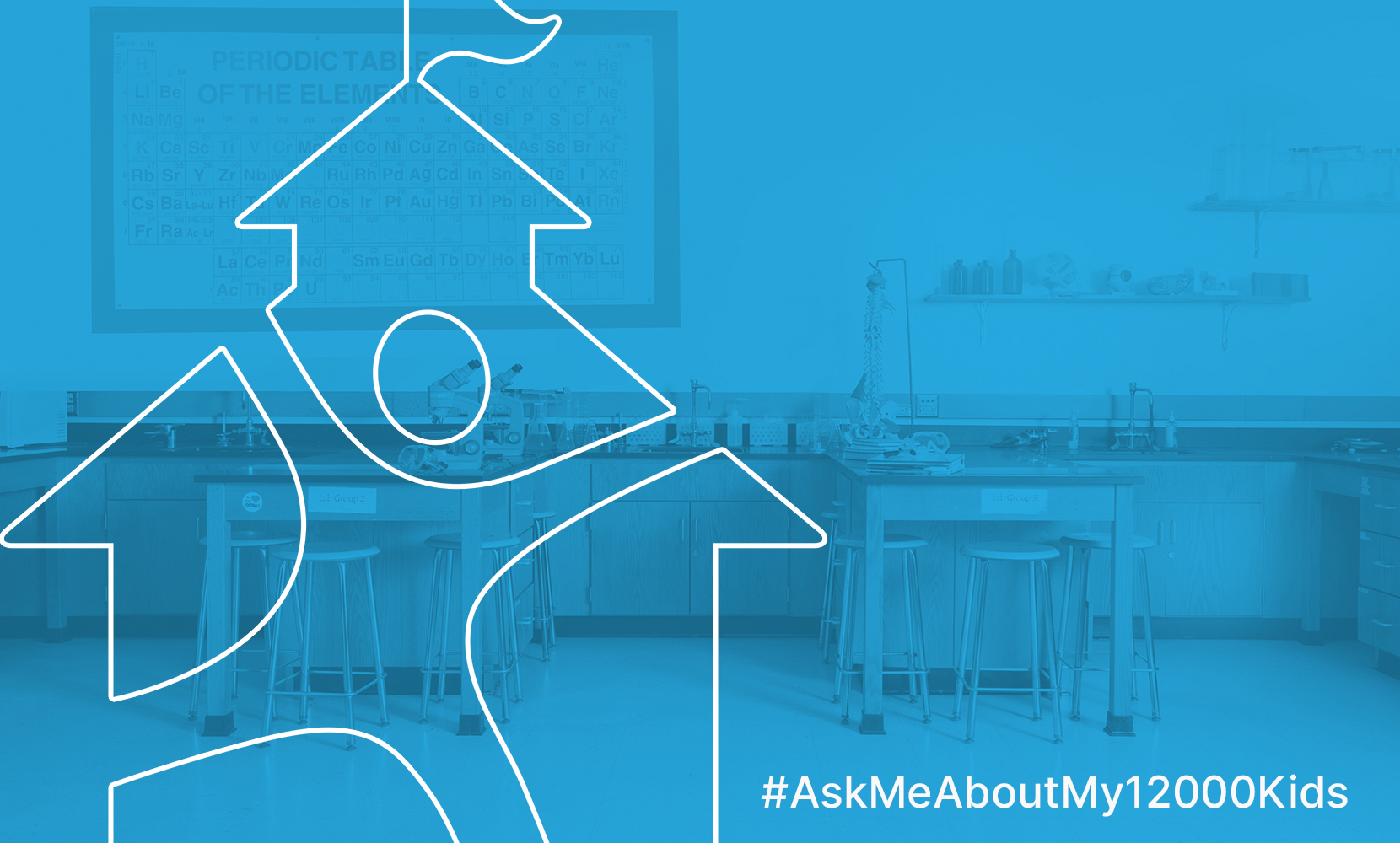When somebody asks you what your story is, what do you tell them? Where do you start? When we tell our stories, according to writer Scott Russell Sanders, we usually start too small. I am struck by how, when people share their story, they can’t help but point to the people who have helped them along the way. Here at Ask Me About My 12,000 Kids we are interested in sharing more stories—both big and small—about the caring adults—the teacher, the neighbor, etc… who shaped us. To fully enter into the lives of our children, we must first be able to tell our own story. So, in the coming months, we will be sharing a few of these stories with you. If you’d like to participate in this project and possibly contribute a guest post, we’d love to here from you. We’ll get warmed up with CIS Executive Director Pam Kingery’s story. This piece was written by Pam and originally published in our CIS Connections newsletter. It inspired countless phone calls, emails, and old-fashioned letters (I love those!) to our CIS office. Pam was also the guest last night on Keith Roe’s cable television show Monday Night Live. After you’ve read Pam’s story, be sure to catch her on the show. It will air again this Thursday-Saturday at 7pm on Channel 97 and again on Sunday at 1:30.
 “Why?” is the essential question we ask ourselves when attempting to understand someone else’s motivations for acting in a certain way. Most of us at least occasionally grant the opportunity to pose the same question to ourselves when contemplating what drives us—to something or away from something. How do we make sense of why some students appear to embrace education opportunities despite great adversity and why others take education for granted despite every form of encouragement and advantage? Why? What’s their story?
“Why?” is the essential question we ask ourselves when attempting to understand someone else’s motivations for acting in a certain way. Most of us at least occasionally grant the opportunity to pose the same question to ourselves when contemplating what drives us—to something or away from something. How do we make sense of why some students appear to embrace education opportunities despite great adversity and why others take education for granted despite every form of encouragement and advantage? Why? What’s their story?
I am the first and only person in my family to receive a college education. Because my mother was so pro-education, I never had the slightest doubt that I would be a college graduate. I didn’t quite understand my mother’s determination until she was in her mid-70’s and recovering from her first stroke and I was long since out of graduate school. Things that must have been family secrets until then were shared between mother and daughter during long conversations that were part symptomatic and part rehabilitation. Among them was the fact that she was a high school drop-out, who at age 16 left her mother, step-father and five siblings to move to Detroit from the west side of the state to get a job. Her post-stroke emotions revealed sixty years of shame and sorrow that she gave up what she loved most—school. She shared that she just got so tired of others making fun of her because the clothes she wore were almost rags, reflective of the poverty that governed her life and her family’s.
Did I not know until then that my mother did not finish high school? Did I presume in my self-absorbed child’s way that this woman who read to me, took me to the Hackley Public Library, fawned over report cards and insisted that I would go to college that she at least finished high school? When I look back, it seems that I must have known and didn’t really want to know—that I thought it odd that my mother seemed a little uncomfortable making an appearance at my high school but I chose not to ask. Didn’t I observe her fall silent when my father talked about playing high school baseball?
My mother grew up in poverty. She was periodically hungry and the rags she referred to appear to be a potato sack in one picture I found recently of her and her sister.
She always talked to my brother and me about how much she loved school, most especially her sixth grade teacher who used her long fingernails to pinch the most recalcitrant students in the earlobes. My mother had many of the same challenges that many of our students have. She watched while her three younger siblings were sent to an orphanage after she dropped out of school and moved to Detroit. She and those siblings ultimately lived with my Great Aunt Mary and Great Uncle Del to finish growing up, grateful for the rescue from living alone in Detroit and the orphanage.
This is the same mother who was diagnosed with colon cancer six weeks before my freshman year of college and who made my father promise that if she died from the cancer he would assure that I would attend college and graduate. She survived the cancer and made sure herself. She didn’t finish high school herself but she made certain that I inherited her love of school and had the educational opportunities that she didn’t have. To what extent does this motivate me? I’m not sure but I think about it every now and then. How about you? What’s your story?
Tags: CIS, Communities In Schools of Kalamazoo, first generation college student, Keith Roe, Monday Night Live, Pam Kingery, poverty and childhood, Scott Russell Sanders, stories





